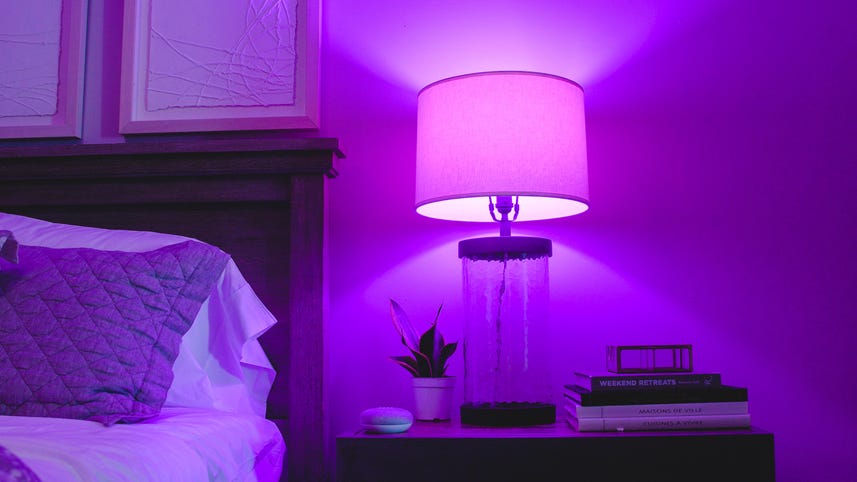
A home full of automations and smart devices in every room sounds about as futuristic as it gets.
A voice controlled oven, a TV that doubles up as art, or an indoor garden that practically manages itself.
All sounds great, but there are some things you should consider when diving into a smart home of your own.
And here are four of the most important.
Without a doubt, the biggest concern is fragmentation.
Its certainly gotten better over the years with the growing popularity of smart speakers like Google Home and Alexa But if you're not careful when choosing the smart devices to install in your home, you'll find yourself with a home full of devices only using half their potential.
The best way to go about it is to pick a brain for your smart home, be it Alexa, Google Home, SmartThings, or HomeKit.
And only pick bulbs Cameras, locks, and other accessories that work with that.
Ease of use is also another point of consideration.
You're not building a smart home to make your life more difficult, and turning on any smart light or appliance shouldn't be any more difficult that its dumb counterpart.
The more products that the devices you buy can pair or communicate with, the more you can do with your smart home.
Horse compatibility will give you option to build automation routines who commands, then make controlling your smart home easier and faster, And another thing to keep in mind, more is not always better There is such a thing as too many smart speakers in a single house.
Smart home gadgets are generally more expensive than their dumb alternatives and rightly so.
A bulb that changes colors can be scheduled or controlled from anywhere in the world and that will last for years, should cost more than a standard LED bulb.
But outfitting an entire house with smart bulbs will cost significantly more and that's just for lighting.
When it comes to refrigerators, toaster ovens, coffee makers, or just about any other smart home product that cost of
[MUSIC]
Difference is only compounded.
And don't be so quick to believe the purported energy savings.
Cost savings will depend on what technology you're upgrading from, but even the products that do use less energy than their dumb alternatives will likely take several years to make up for the difference in cost.
Finally, you should be concerned with security.
Leave it to shows like Mr. Robot to feed us the Smart Home nightmare fuel of the future.
While you can DIY a Smart Security System very easily and for less money than a standard security system would have cost you just years ago like anything with a wireless connection, it's also susceptible to.
To exploits and other security flaws.
Your DIY smart home security system is only as strong as your wi-fi password, and the same general security tip is valid here.
Give everything its own unique password.
For more smart home how-to's and other tips and tricks, be sure to check out CNET.com/smartliving.
[MUSIC]